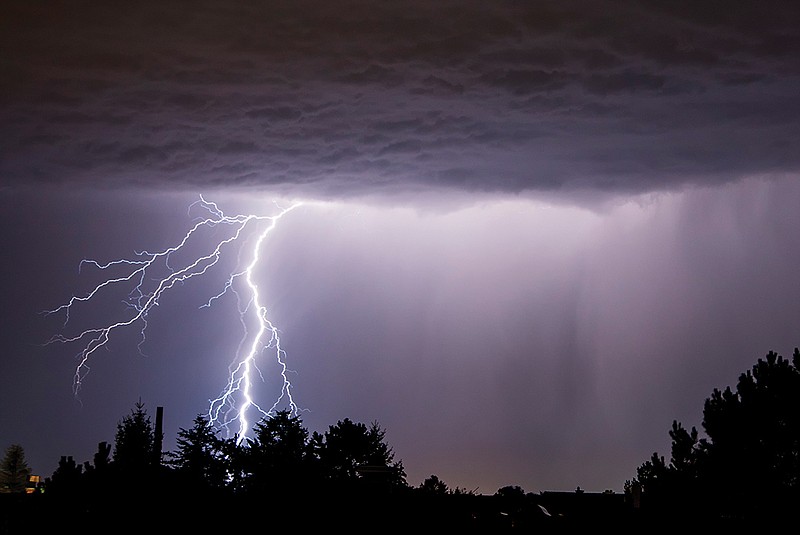Whether you're a camping newbie or you've done a few laps around the campsite already, there are probably still things that you could learn — about the fine art of camping or the giant, open-air venue where it all takes place. Maybe you don't know what you don't know, you might know less than you think you do or you may have been legitimately misinformed. And even if you're one of those rare camping aficionados who knows so much that you could give classes on all things outdoors, you can sit back and smugly chuckle at the naivete of others. Either way, here's a look at some common outdoor myths and why they're a pile of bear poo.
In a Flash
Ever since you were a wee camper, you've probably always heard that lightning doesn't strike twice in the same place. Wrong. Lightning can strike wherever, whomever and as many times as it's so inclined — in fact, the "Human Lightning Rod" Rob Sullivan was struck seven times (and survived!). But don't let all that rain on your camping trip. While we're certainly not saying to go pitch a tent in a thunderstorm, your odds of getting struck by lightning in any given year are less than one in a million, according to the U.S. Centers for Disease Control and Prevention. You know when lightning strikes are riskiest. So just use common sense and be safe.
Moss and Turn
Planning to use moss as a navigation tool because "it only grows on the north side of trees"? Then you're going to get lost. Moss doesn't discriminate when it comes to putting down roots (or "rhizoids," as moss doesn't actually have roots). It'll grow in every direction with equal abandon, so if you think that moss is pointing you due north, you may need to do a little Google mapping instead (if you can get a signal in the woods).
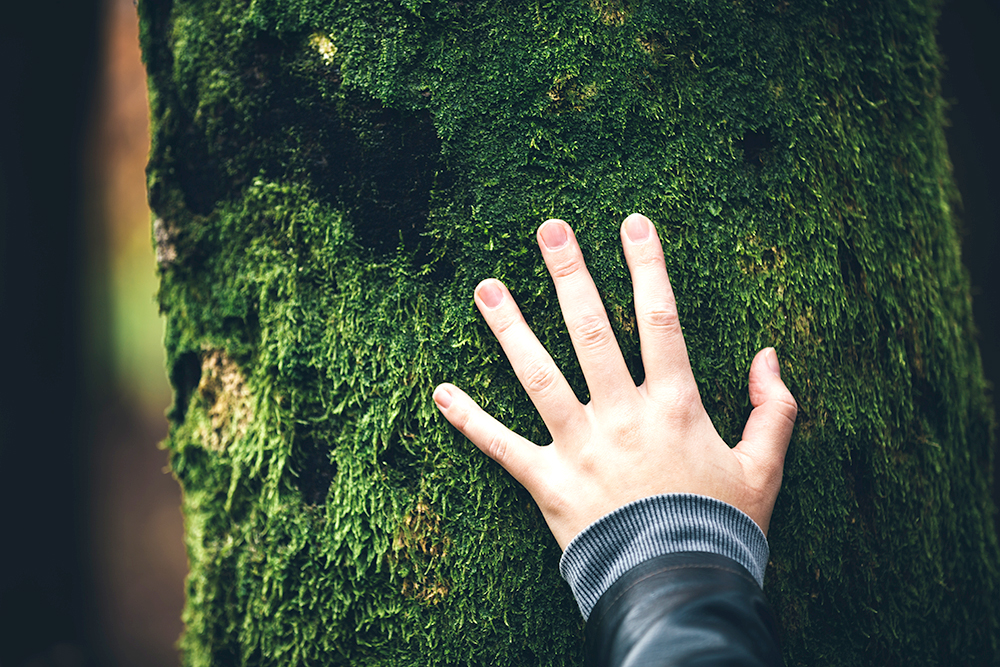 Getty Images / Moss does not only grow on the north side of trees.
Getty Images / Moss does not only grow on the north side of trees.
Waste Away
Even if you have an organic, sustainable, plant-based, all-natural way of life, you still need to respect nature when you're in it. While you're camping, you're essentially a guest in someone else's ecosystem. That means that contrary to what you might have heard, using even biodegradable soap in that creek or river — whether you're washing off the marshmallow goo from your s'more plates, handwashing your "I'd Hike That!" t-shirt or doing a little personal toilette — is bad for the fishies and friends.
The same goes for leaving behind your "compostable" waste, such as orange peels or apple cores. Though technically biodegradable, they can still be disruptive to the environment and harmful to wildlife (and orange peels can take six months to several years to break down). Not to mention, food left behind can be a real bear magnet. So take your trash with you when you leave.
Finally, if you're bringing along a canine camping companion, make sure you clean up after ol' Fido, too. Because poop is dirty. And can all that fecal bacteria and cooties get into the water and contaminate food supplies? Well, does a dog poop in the woods?
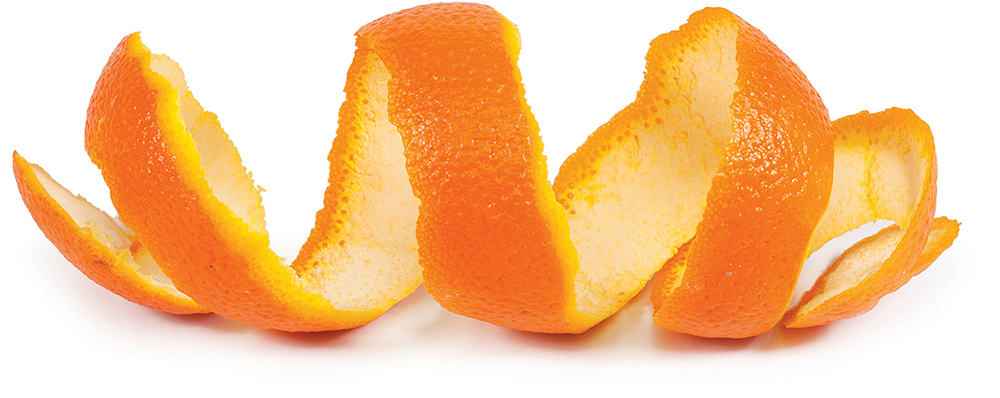 Getty Images / Orange peels can still be disruptive to the environment and harmful to wildlife, and they can take six months to several years to break down.
Getty Images / Orange peels can still be disruptive to the environment and harmful to wildlife, and they can take six months to several years to break down.
A Fish Out of Water
A lot of people believe that you're not disrupting the natural order of things if you catch and release fish. You're leaving things exactly how you found them, nothing added and nothing removed, no fish harmed in the making of this fishing excursion, right? It's game fishing, and you're just having a good time. While it's definitely humane and well-intentioned to take a no-kill approach, the fish have a different opinion. They are often so traumatized and potentially injured from being caught and then set free again that some don't survive. It's all fun and games until some poor fish gets a ruptured swim bladder or a case of the bends.
Now, many fisherpeople may also argue the opposite point — that the cruelty of catch-and-release fishing is the true myth. If done properly, fish can be handled and released with minimal disturbance, they say. So whether to fish or cut bait, the choice is yours.
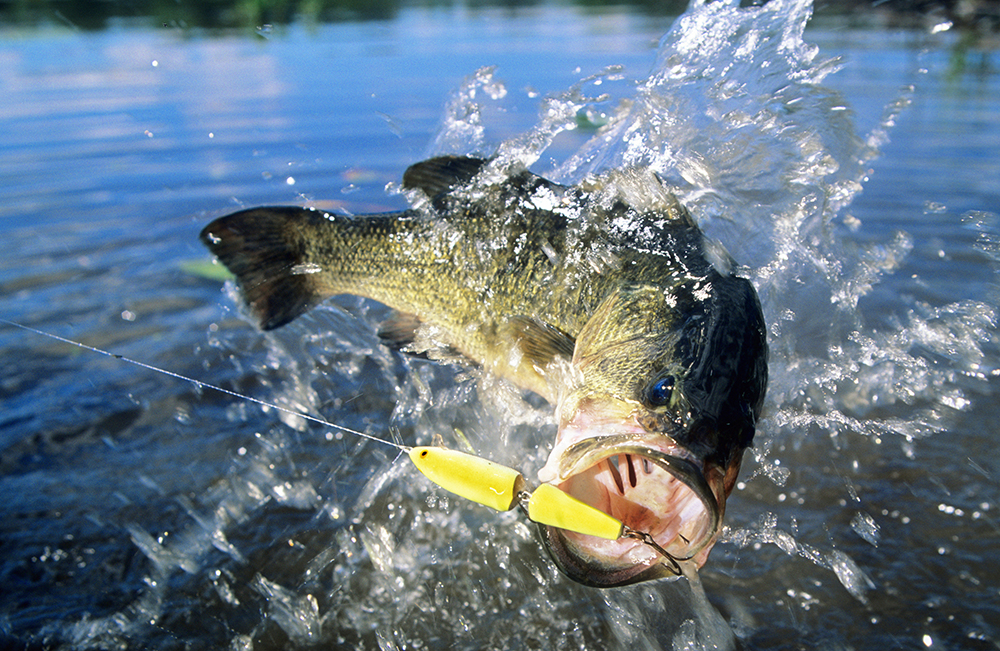 Getty Images / A largemouth bass fights a minnow imitation lure.
Getty Images / A largemouth bass fights a minnow imitation lure.
Up in Smoke
Some great things happen around the campfire — the best stories shared, the best weenies on a stick, the most camping-y atmosphere. But it can be really tough to get that fire roaring (much harder than it looks!), and campfires that do burn freely can be dangerous. The National Park Service reported that almost 85% of wildfires are really just giant human oopsies, and campfires are the culprit in many instances. So if you're able to build a nice, safe, contained fire without getting burned, great. But you can also get along perfectly well without one, and there are safer alternatives for cooking and warmth. The idea that camping isn't really camping unless you have a campfire, well, that's just a myth.
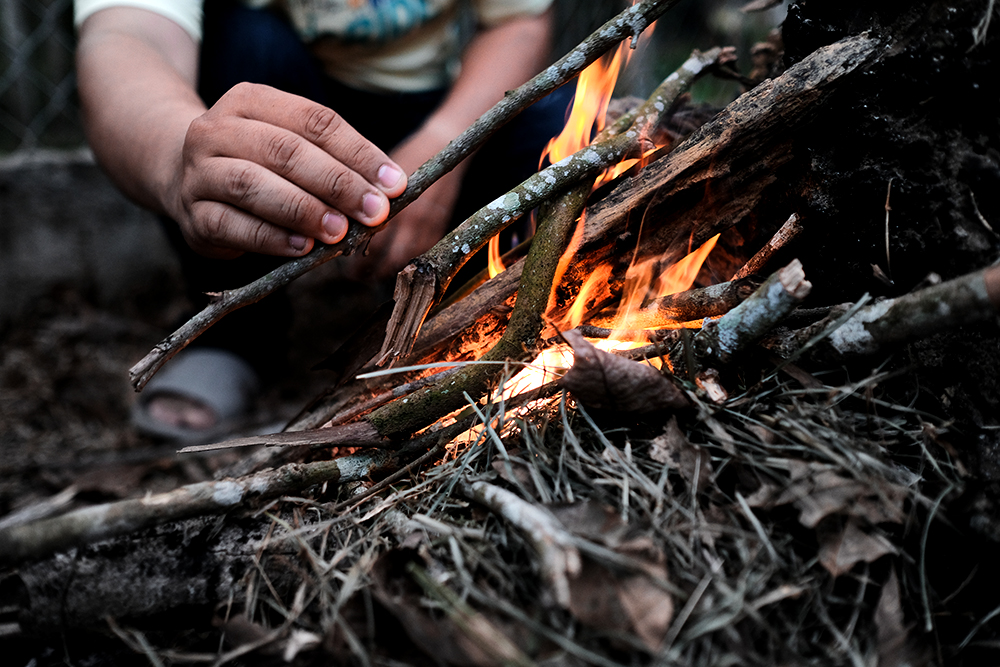 Getty Images / Starting a campfire
Getty Images / Starting a campfire
Bear in Mind
There are many myths about bears. No, you can't outrun one. No, they can't smell when it's that time of month (that was a myth popularized in a movie; not true). No, peeing next to your tent won't keep them away. And the best news? No, you're probably not going to be attacked by one on your next camping trip. According to the World Animal Foundation, there are only around 40 bear attacks in the entire world each year, with approximately 11 of them in North America. And of the 2.1 million people visiting the Smoky Mountains National Park annually, only six bear attacks have been reported.
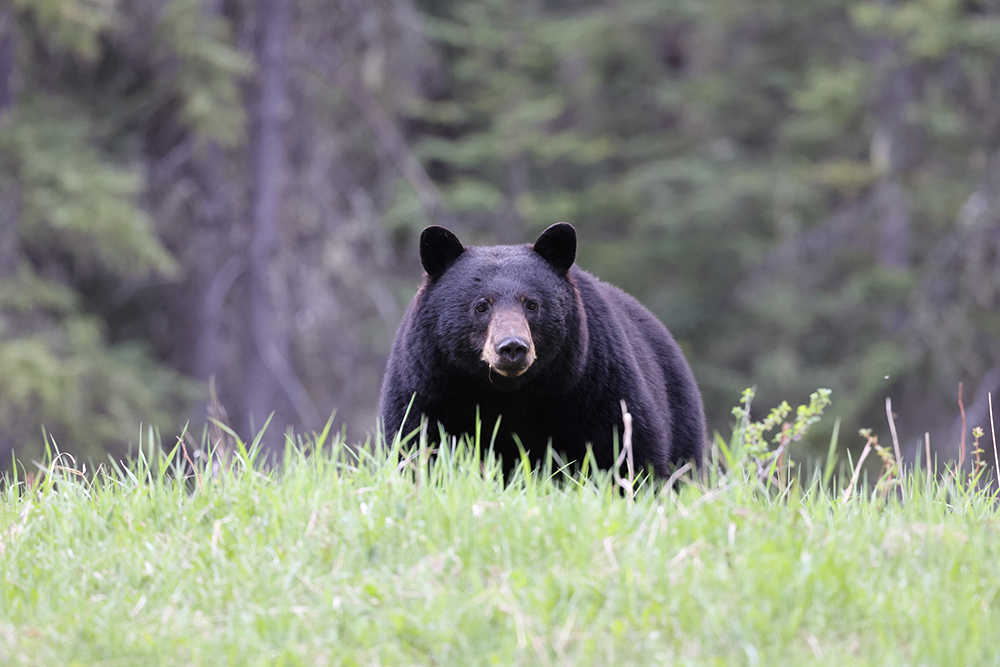 Getty Images / An American black bear
Getty Images / An American black bear
A few myths for the road:
Snakebit: If you get bitten by a snake, you really should not suck out the venom. This makes things worse by causing further injury to the wound and possibly introducing bacteria from your mouth.
Worse for the Wear: Cotton is comfy and all-natural, but it's not the best fabric for extended periods outdoors. Opt instead for wool, silk or some synthetics.
Cold, Hard Facts: Hypothermia is a year-round concern. Just because it's warm outside doesn't mean that you can't get cold, even dangerously so, especially when exposed to cold water or air for a long time. Wear layered clothing, keep dry and stay hydrated. And never put someone with hypothermia immediately into very hot water. It could kill them.
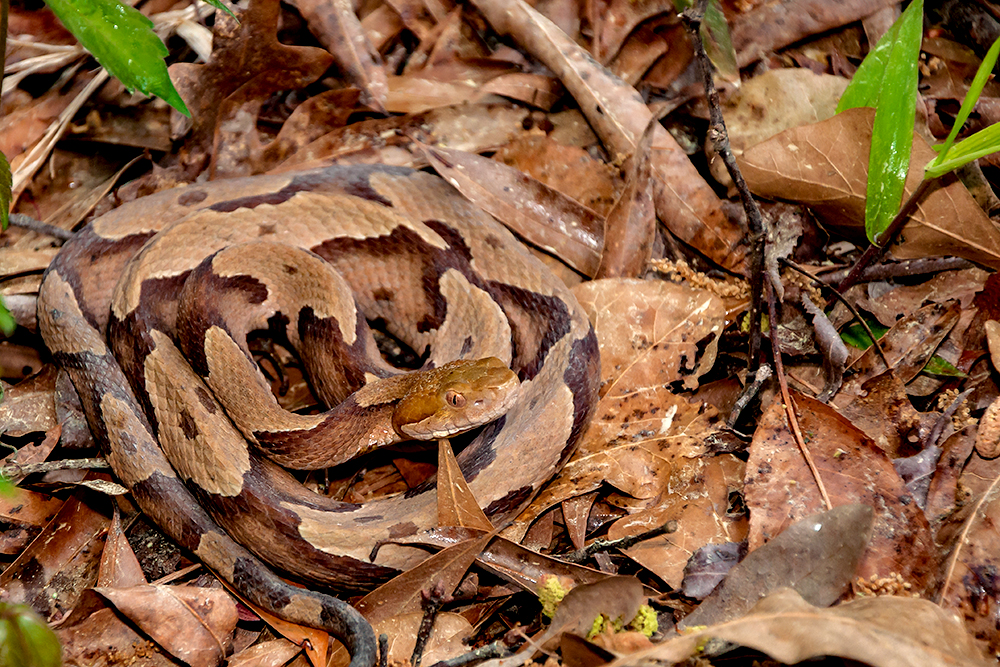 Getty Images / A copperhead snake
Getty Images / A copperhead snake
Sources:
